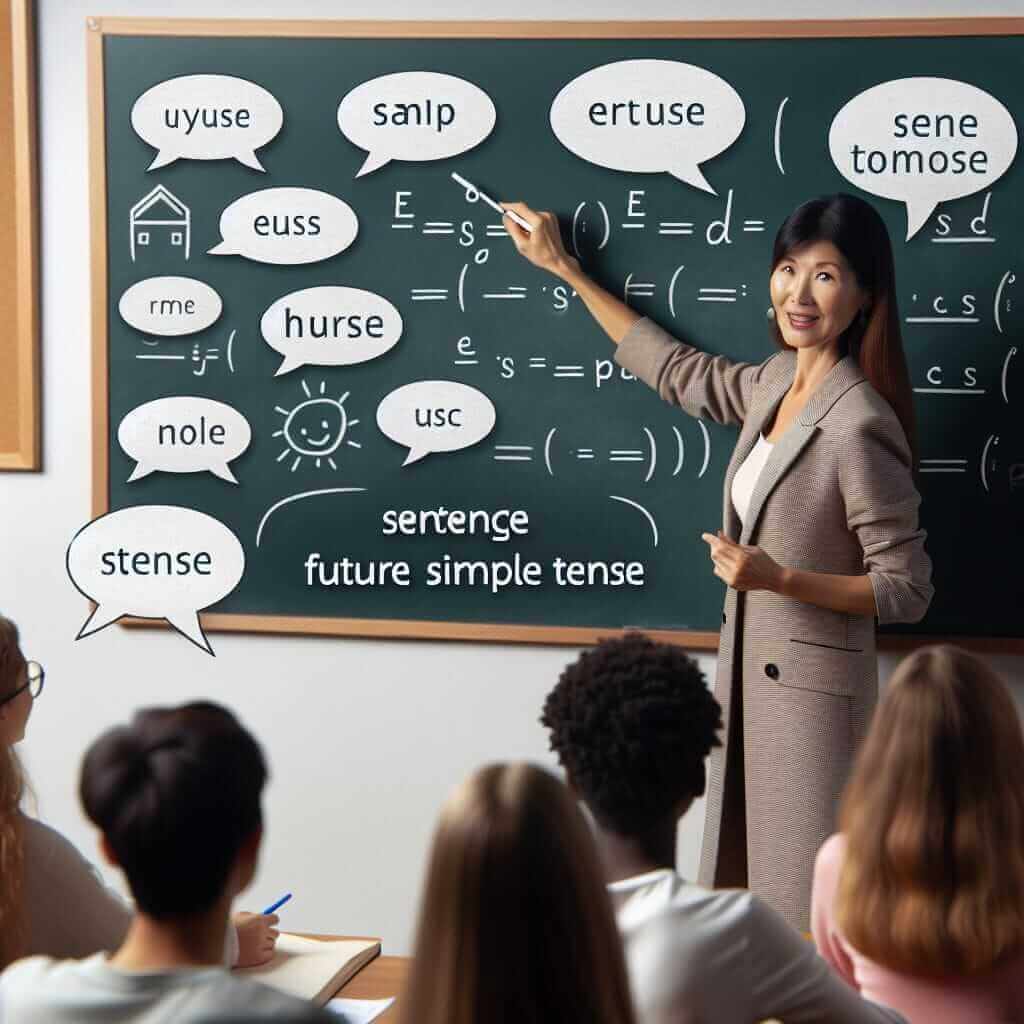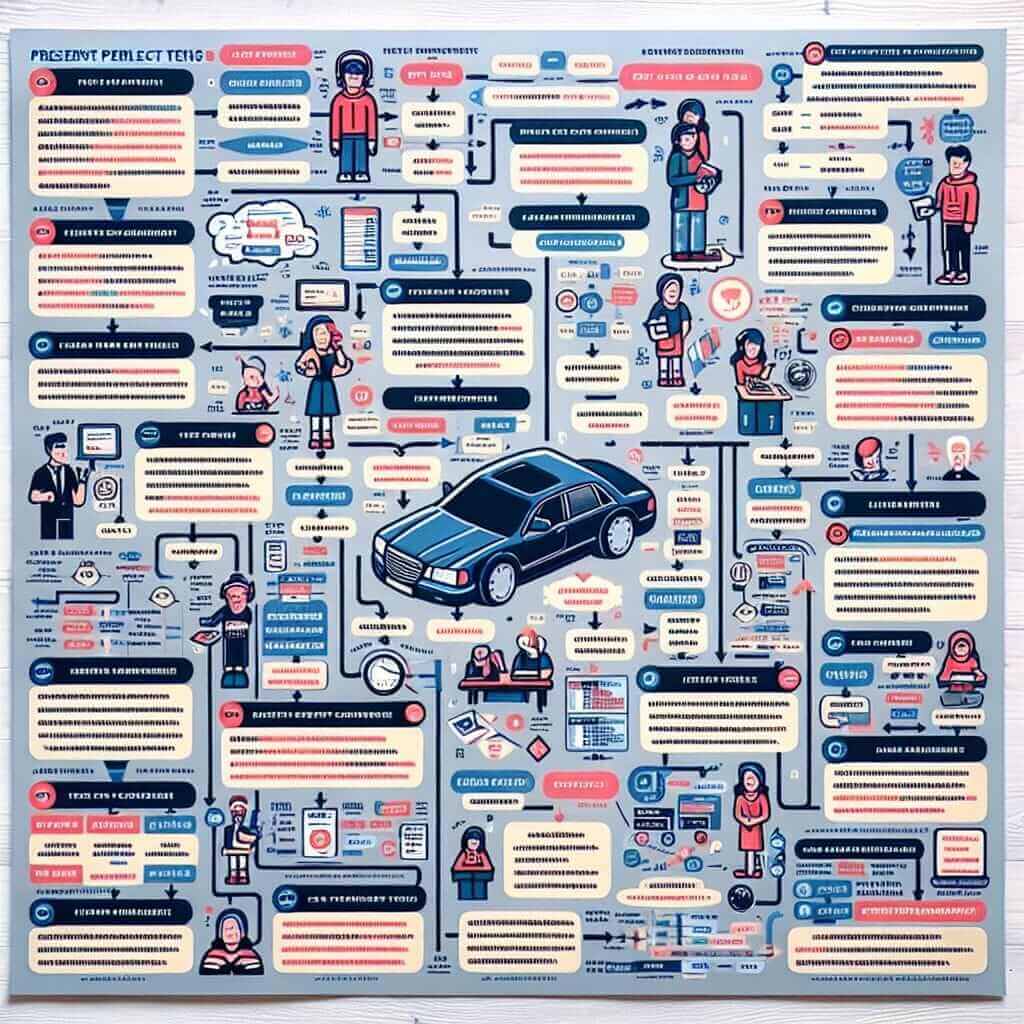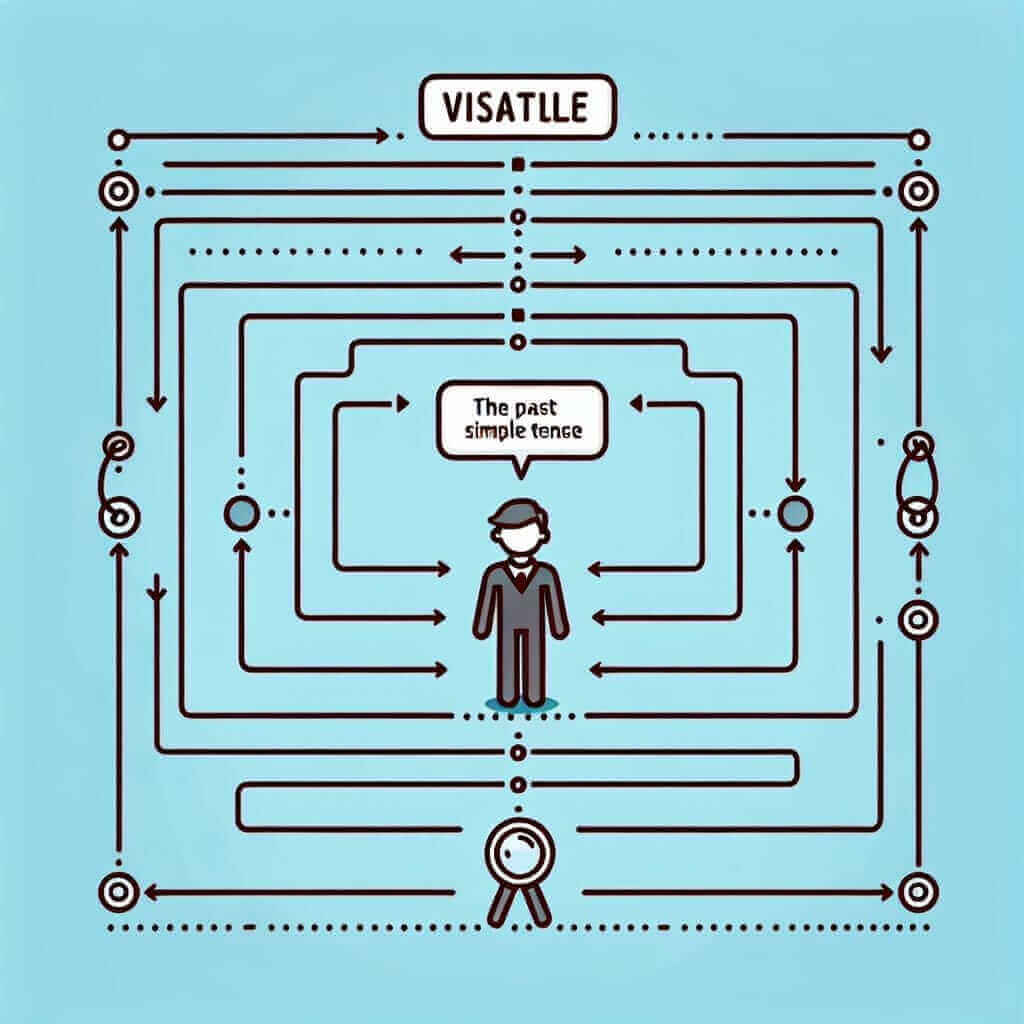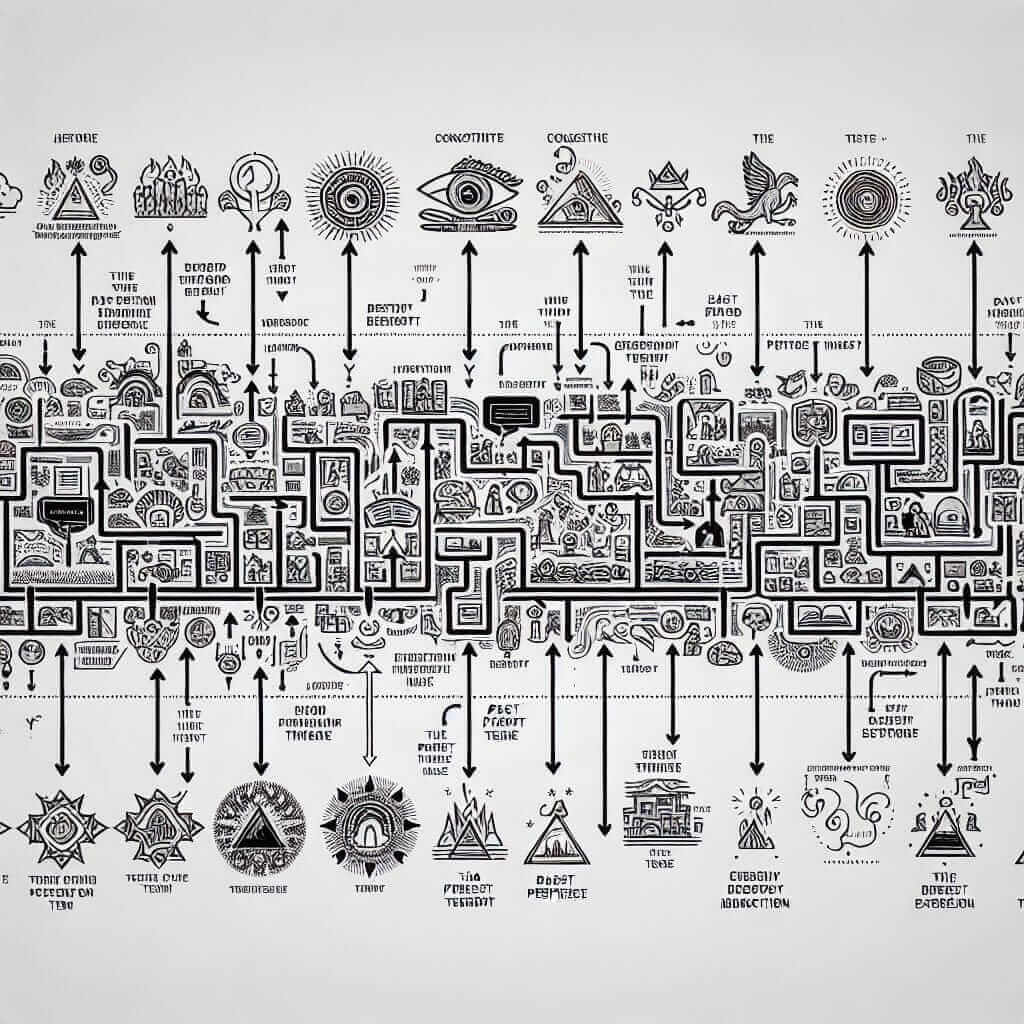The Future Simple tense is one of the most fundamental tenses in the English language, frequently appearing in both written and spoken communication. It’s no surprise that it plays a crucial role in achieving a high score on the IELTS exam. Mastering this tense is not simply about knowing the formula, but also about understanding when and how to use it effectively to convey your ideas with clarity and precision. This article will delve into the mechanics of the Future Simple tense, exploring its various forms and providing concrete examples of how to utilize it effectively in different sections of the IELTS exam to help you achieve a band score of 7 or higher.
Nội dung bài viết
Understanding the Future Simple Tense
The Future Simple tense is primarily used to talk about actions or events that will happen at a point in the future. Unlike other future tenses that express ongoing or completed actions in the future, the Future Simple focuses on the simple fact that something will occur.
Here are a few examples of how the Future Simple tense might appear in different sections of the IELTS exam:
Speaking: “I will travel to Europe next summer if I get enough money.”
Listening: (On a recording) “The train will depart from platform 4 at precisely 10:30 am.”
Writing Task 1: “The graph indicates that the use of renewable energy sources will increase significantly over the next two decades.”
Writing Task 2: “Governments will need to invest heavily in public transportation to combat the rising levels of pollution.”
As you can see, the Future Simple tense can be used in a variety of contexts to express future events. Now, let’s take a look at the form and usage of this essential tense.
Forming and Using the Future Simple Tense
Formula and Grammatical Points:
The Future Simple tense is formed using the following structure:
Subject + will/shall + base verb + object/complement
For Example:
- I will study English tomorrow.
- She will attend the meeting next week.
- They will not arrive on time due to the traffic.
Contractions:
- I will = I’ll
- She will = She’ll
- He will = He’ll
- We will = We’ll
- You will = You’ll
- They will = They’ll
Shall:
While “will” is used for all subjects, “shall” is less common and mostly used with “I” and “we” in formal contexts, often to make offers or suggestions:
- Shall we begin the meeting now?
- I shall ensure this matter is dealt with promptly.
Applications in Different IELTS Sections:
-
Speaking: Use the Future Simple to answer questions about your future plans, predictions, or opinions about the future.
- Example: “In five years, I will be fluent in English and working as a translator.”
-
Listening: Be prepared to identify and understand the Future Simple tense when listening for specific information about future events.
- Example: Listen for phrases like “The concert will start at 8 pm” to note down the correct time.
-
Writing Task 1: Employ the Future Simple to describe future trends or predictions based on data presented in graphs, charts, or diagrams.
- Example: “The population of the city is projected to double by 2050.”
-
Writing Task 2: Utilize the Future Simple to express your opinions about future possibilities, solutions to problems, or potential outcomes.
- Example: “Investing in renewable energy sources will be crucial to mitigating the effects of climate change.”
 Future Simple Tense Illustration
Future Simple Tense Illustration
Mastering the Future Simple for a Higher Score
While the Future Simple may seem straightforward, using it strategically can elevate your writing and speaking. Here’s how:
-
Show a Range: Don’t over-rely on the Future Simple. Explore other future tenses like the Future Continuous or Future Perfect to demonstrate your grammatical range and precision. For example, instead of repeatedly using “will”, you could say, “I will be studying English for several years to come.” You can find more information about other future tenses and when to use them here: https://www.ielts.net/when-should-i-use-the-future-simple-future-continuous-and-future-perfect-tenses/.
-
Formal Tone: Remember that using “shall” instead of “will” with “I” and “we” can make your writing sound more formal and academic, which can be beneficial in the IELTS Writing Task 2.
-
Avoid Common Mistakes: Be careful not to use the Future Simple after time expressions like “when,” “as soon as,” or “before” in cases where the present simple tense is used to refer to the future. For instance, instead of “I will call you when I will arrive,” the correct form is “I will call you when I arrive.”
Conclusion
The Future Simple tense is a fundamental element of English grammar, essential for effective communication about future events. By understanding its structure, uses, and nuances, and by practicing its application in various contexts, you can significantly enhance your performance in all sections of the IELTS exam. Remember to incorporate this tense strategically, showcase a range of grammatical structures, and avoid common errors to attain the high score you’re aiming for.


